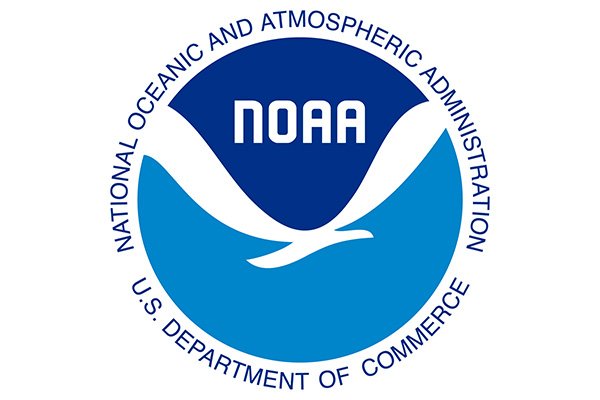Multi-scale Forecasts and Analyses for the Maine Lobster Fishery
Supporting lobster fishery decision-makers with forward-looking forecasts
The Maine lobster fishery, one of the most valuable fisheries in the United States, is grappling with questions related to how climate change may influence fishery operations and outcomes. Forecasts of stock and fishery conditions at multiple future time scales are relevant for decision-makers in this fishery, and our project supported the delivery of multiple forecasts to key Maine lobster fishery stakeholders.
Project Objectives:
- Improve existing forecasts of climate impacts on lobster recruitment and landings.
- Develop products to deliver forecast information to the Maine lobster industry.
- Promote understanding of informational needs with lobster industry stakeholders and gain input on product design, communication, and use.
- Sustain the delivery of the forecasts into the future.
The American lobster fishery is the most valuable in the United States and accounts for over 75% of the landed value of all marine species in the state of Maine. While landings have been high in recent years, the fishery operates in a rapidly warming ocean region that has experienced multiple marine heatwaves since 2012. Yearly changes in ocean conditions affect the seasonal timing of when lobsters become most catchable to the fishery and longer-term changes in climate can more dramatically affect the productivity of the lobster population in the future.
As these changes occur, making decisions based on past observations becomes less useful. Operational, investment, strategic, and management decisions made by stakeholders in the fishery may benefit from more forward-looking forecasts.
Our project advanced three forecasts at various time scales:
- A seasonal forecast of the date when the statewide fishery will switch to its high-landings summer period (Mills et al. 2017).
- A multi-year forecast of the volume of landings expected six to eight years in the future, based on observations in the American Lobster Settlement Index (ALSI) (Oppenheim et al. 2019).
- Multi-decadal projections of the size of the fishery over the coming decades, based on climate scenarios (Le Bris et al. 2018).
These forecasts were guided by input from industry and management stakeholders that helped hone the models and evaluate forms of information provided. We are working to incorporate ecosystem and fishery information and forecasts into a web-based dashboard, where interested lobster fishery stakeholders can access and use the data.
Project Team
-
![the staff photo for Kathy Mills]()
-
![]()
-

Richard Wahle, Ph.D.
University of Maine
Project Sponsor and Partner
This project is generously supported by funding from the National Oceanic and Atmospheric Administration's Fisheries Headquarters Program Office under award NA16NMF4270229.
Read Next
-
![Sea State Recap: Climate Resilience Potential in the Gulf of Maine]()
Sea State Recap: Climate Resilience Potential in the Gulf of Maine
Here's a recap of the Sea State seminar, Climate Resilience Potential in the Gulf of Maine, in case you missed it. This seminar took place …
Perspectives
-
![Your Favorite Stories from 2024]()
Your Favorite Stories from 2024
Take a look back at some of our most-read stories in 2024.
Perspectives
-
![2024 Research Progress Update]()
2024 Research Progress Update
Each year, to keep you updated on our research team's progress, we develop an update showcasing some of our lab's achievements. More broadly, this update …
Reports
-
![Coastal Storms 101]()
Coastal Storms 101
Learn about the forces behind coastal storms, their unique impacts on the Gulf of Maine, and how communities are working to adapt.
Perspectives




